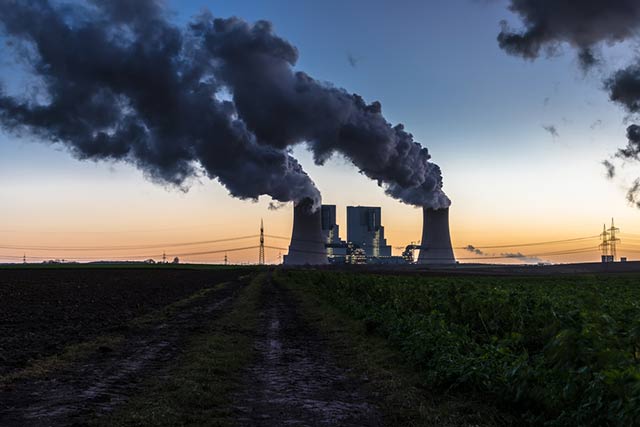
Did you know that Truthout is a nonprofit and independently funded by readers like you? If you value what we do, please support our work with a donation.
Constitutional lawyers who work on issues of equal rights use the term “disparate impact,” a term describing laws that—despite being facially neutral—have a very different effect upon citizens who are differently situated. Sometimes that different impact is intended; often it is not.
What brought that bit of “legalese” to mind was this recent headline in the New York Times: “Pope Francis to Explore Climate’s Impact on the World’s Poor.”
The article began by discussing a recent meeting between high-level representatives of the U.N. and the Pope:
Mr. Ban, the United Nations secretary general, had brought the leaders of all his major agencies to see Pope Francis, a show of organizational muscle and respect for a meeting between two global institutions that had sometimes shared a bumpy past but now had a mutual interest.
The agenda was poverty, and Francis inveighed against the “economy of exclusion” as he addressed Mr. Ban’s delegation at the Apostolic Palace. But in an informal meeting with Mr. Ban and his advisers, Francis shifted the discussion to the environment and how environmental degradation weighed heaviest on the poor.
The encyclical—which has now been formally issued—includes an economic critique of the way in which global capitalism has facilitated both the exploitation of nature and vast inequities among people—even people living in the same countries. That message makes the encyclical a distinctly political document, no matter how forcefully the Vatican insists that it is intended to be a statement of theology and morality, not politics.
The ultimate effect of the Pope’s encyclical is as impossible to predict at this point as is the ultimate outcome of climate change, but the Pontiff has raised two issues that are seldom recognized in the heated debates over climate policy: the interrelated nature of the policy decisions we make and the social and economic systems we institutionalize; and the wildly disparate impact of those decisions and systems on those who are “differently situated,” as lawyers might put it.
The term “privilege” is usually connected to a descriptor like “white” or “male,” but we might also consider what privilege means for other kinds of diversity in the context of global climate change. Similarly, we tend to think of poverty as the absence of money and material goods, but poverty includes many other deficits, including an individual’s ability to withstand or recover from incidents of violent weather (Katrina, anyone?), to cope with economic changes and job losses linked to climate change, and eventually, the means to move away from newly uninhabitable locations.
Viewed in this way, “privilege” may mean having access to the resources needed to deal with economic and ecological upheavals, and “poverty” may describe those whose life choices are far more dramatically limited.
Whatever else the encyclical does or does not accomplish, it illuminates an under-appreciated characteristic of inequality—susceptibility to disparate impact.
Press freedom is under attack
As Trump cracks down on political speech, independent media is increasingly necessary.
Truthout produces reporting you won’t see in the mainstream: journalism from the frontlines of global conflict, interviews with grassroots movement leaders, high-quality legal analysis and more.
Our work is possible thanks to reader support. Help Truthout catalyze change and social justice — make a tax-deductible monthly or one-time donation today.